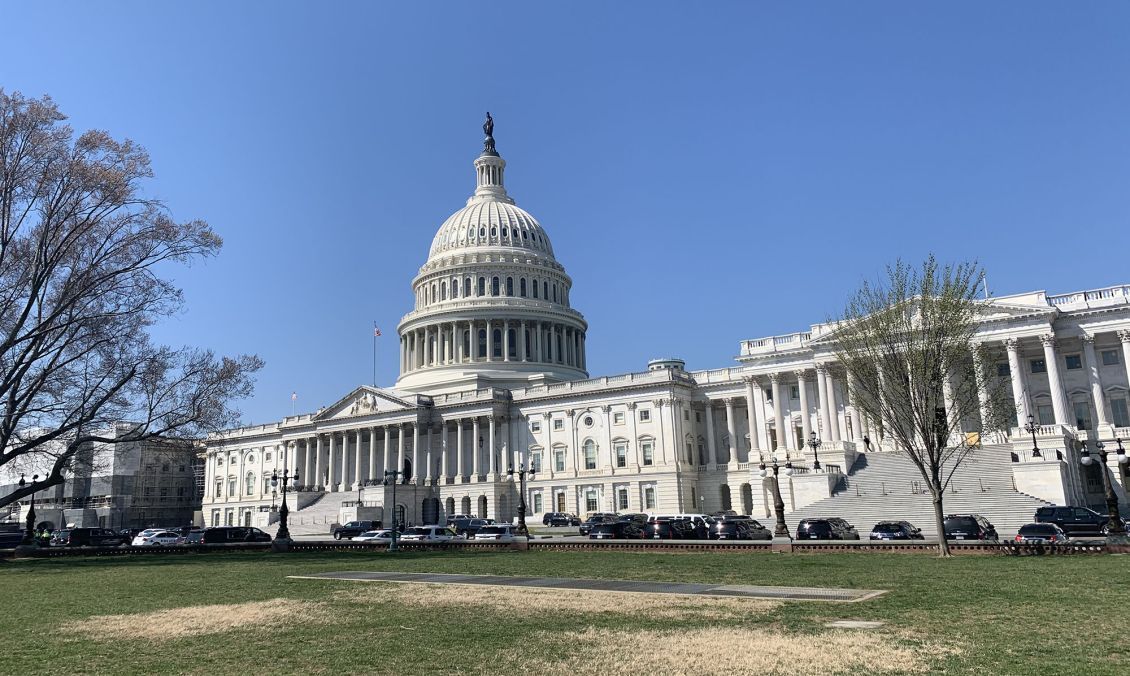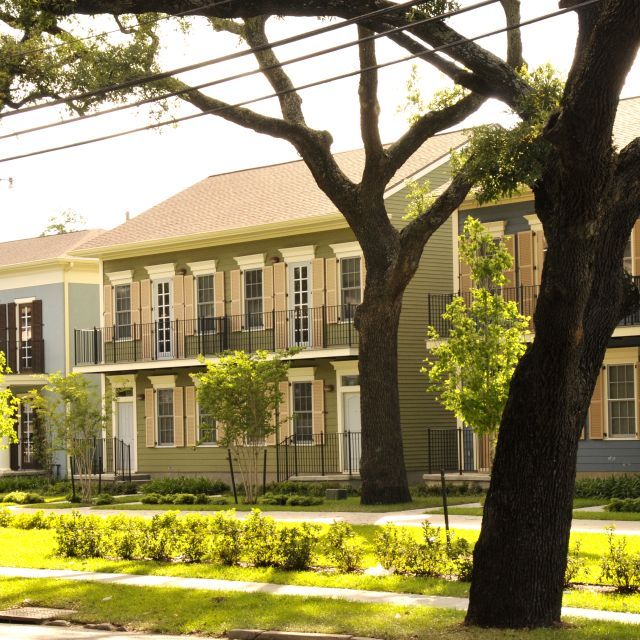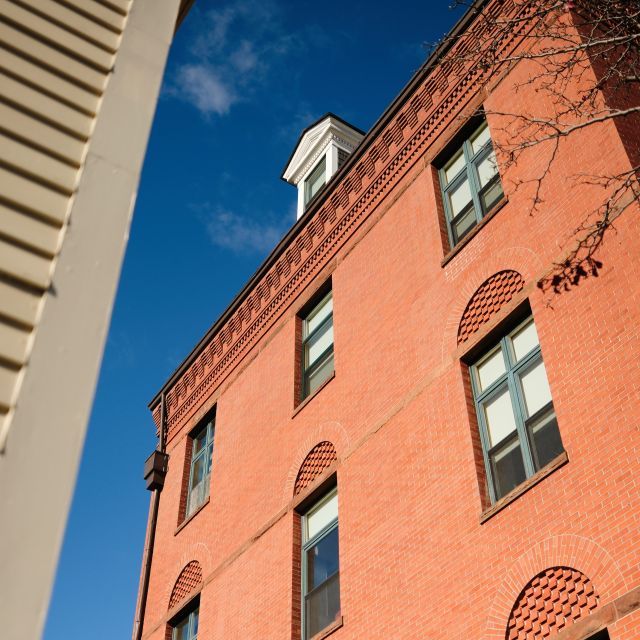Today it was my honor to testify before the Senate Committee on Banking, Housing, and Urban Affairs on the urgency and opportunities to address climate change and housing affordability.
Coming just days after the White House released a comprehensive affordable housing plan, it was heartening to see members of both parties commit to the safety and health of all Americans and ensure that our communities are better prepared for climate change.

Increasing greenhouse gas emissions have escalated the frequency and intensity of natural disasters -- with multi-billion-dollar consequences. One in three Americans have faced an extreme weather event in the past two years. Extreme weather events disproportionately affect underserved communities and people of color, a consequence of housing policies past and present.
As I told committee members today, it will take bold action to quickly address the built environment’s impact on the planet so that everyone and every community can thrive. Because residential energy use accounts for 17 percent of greenhouse gas emissions in the United States, to meet the administration’s goal of halving emissions in the next 8 years, the U.S. will have to dramatically slash emissions from housing.
By electrifying homes, we can do just that and also address sources of pollution that directly impact respiratory health. Children growing up in homes with gas stoves have a 37 percent greater chance of developing asthma. Just a 30-minute stovetop meal using gas cooking results in higher contaminant levels inside than are legal outdoors.
Prioritizing eliminating emissions — also known as decarbonization —in the affordable housing sector, and particularly in communities of color, is critical given the historic patterns of housing disinvestment in neighborhoods nationwide. Without an explicit focus on a just transition away from fossil fuels in housing, health and wealth disparities will only be exacerbated.
During my testimony, I reiterated our calls to Congress to ensure that federal funding supports the stability and prosperity of communities through investments in climate-ready, affordable homes and incentivizes an equitable transition away from fossil fuels. An overhaul of existing federal incentives should be conducted, as well as the provision of new transformative investments for equitable electrification and deep energy retrofits. We also recommend Congress set resilient building standards as the minimum quality standard for all new construction and substantial rehabilitation projects built with federal agency dollars.
We have demonstrated for more than 15 years that green affordable housing is not only a viable concept, but successful at scale. Through Enterprise’s Green Communities Criteria, which we revised in 2020 to enhance health, energy and resilience standards, nearly 120,000 affordable homes have been built sustainably – and will operate sustainably. Each year, certified developments are saving $31.8 million in energy and water costs, benefits realized by both owners and tenants – and Green Communities-certified buildings reduce carbon emissions by the equivalent of taking more than 19,000 cars off the road annually.
Our changing climate creates enormous challenges. How we design, build and operate buildings will affect the pace of climate change. Healthy living environments with affordable utility expenses are possible. And they are critical to the future of resilient communities.a



